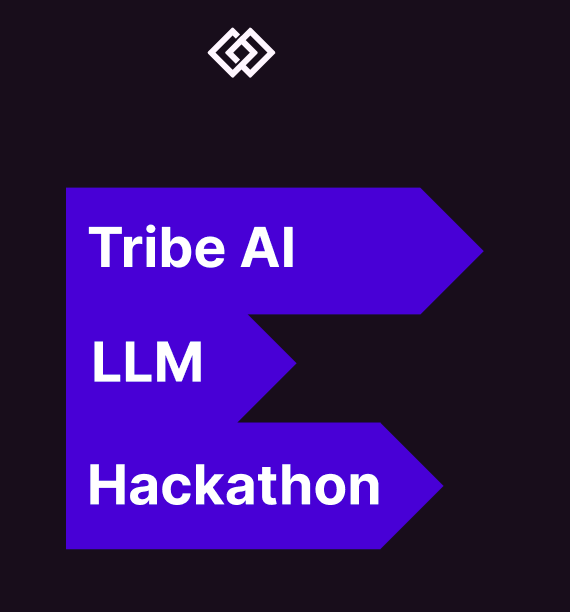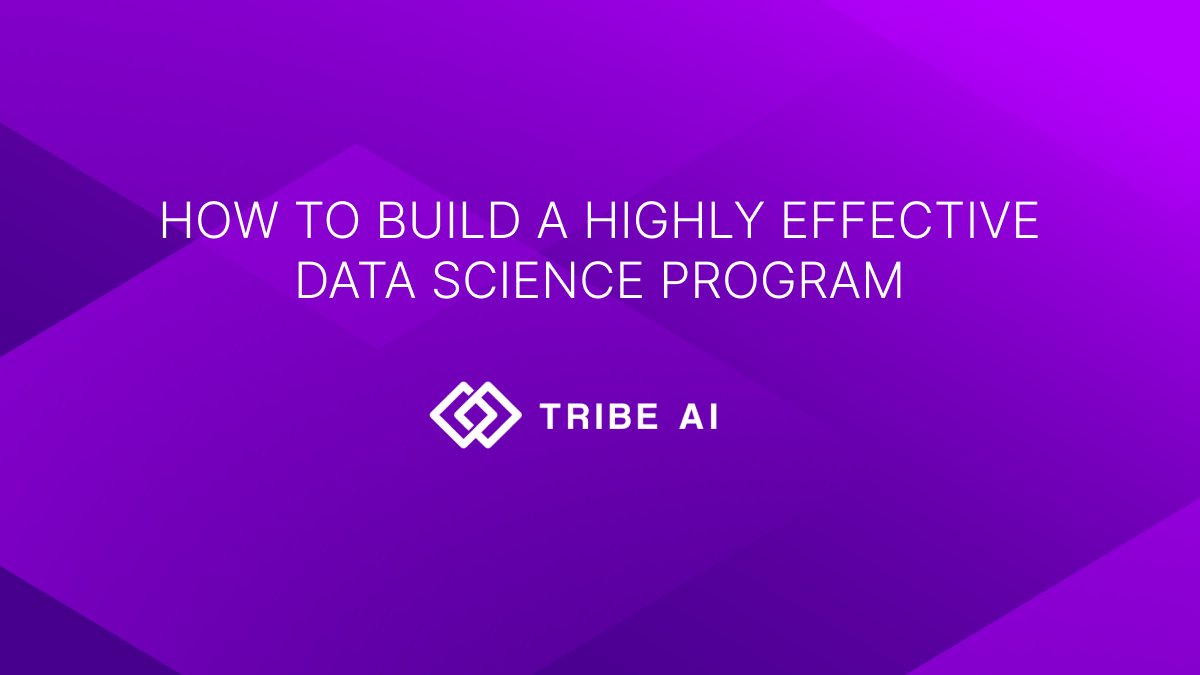After holding our breath as an industry for 6 days, Sam Altman is back as the CEO of OpenAI. The timing of the disruption couldn’t have come at a worse time for enterprises, who have finally hit a hard earned inflection point in AI adoption. Through my role as CEO of Tribe AI, an AI strategy and implementation partner for leading enterprises, I have a front row seat to what’s at stake when it comes to enterprise AI adoption. Here’s what I’m seeing:
The future of AI is hybrid – multi-cloud, multi-model and open source.
Prior to this week, the best companies were already experimenting with multiple models and beginning to inquire about open source to keep costs down (though very few were actually fine tuning their own models). After the drama and chaos of the past week, the value of diversification is undeniable. I believe we will continue to see business demand for a multi-player ecosystem and that competition will accelerate innovation.
We've hit an inflection point in Enterprise AI adoption, and need trust and stability to sustain it.
Since ChatGPT’s launch almost exactly one year ago, enterprises woke up to the potential of AI overnight. In order to realize the promise of this technology, businesses had to overcome concerns about data privacy and working with startups. In the end the perceived value was too great and the fear of competition too acute to stay on the sidelines, and we have seen enterprises move at an unprecedented pace to adopt AI. The instability created by the OpenAI drama put all of this progress in jeopardy. Now that we’re on the other side, the focus needs to be stability and trust.
We need enterprise adoption to drive AI forward.
If phase one of Generative AI adoption in the enterprise was about hedging with internal use cases and efficiency gains, phase two is all about product innovation and customer experience. In this second phase, incumbent players shift from defense to offense and use AI to grow market share and build a deeper customer moat. If incumbent players can successfully transform to become AI companies, we all win. As an industry we need tangible use cases of demonstrated business value that go beyond chatbots in order to sustain and multiply AI investment. This competitive pressure from the top, not just from innovative startups will be unlike any other platform shift we’ve ever seen before and spark a golden age of product innovation. At the same time, enterprise use cases mean model utilization at scale, which will lead to better, cheaper, faster models.
Startups have a big role to play in shaping the AI ecosystem.
We need an independent OpenAI and Anthropic to continue to innovate at a pace that large companies simply cannot. We also need trust and stability in our AI platforms. It’s the partnership between startups and hyperscalers that has gotten us to this point, but it’s far too early for market consolidation. A strong and independent OpenAI is better for Microsoft (and all of us) than consolidation into a new Microsoft AI entity, and the same is true with Anthropic and Amazon. Going forward I’m hopeful we have landed in the best of both worlds – the mission, team alignment and speed of startups with the governance, oversight and transparency of public companies.
















.png)
.png)






.png)
.png)


.png)
.png)
.png)
.png)


